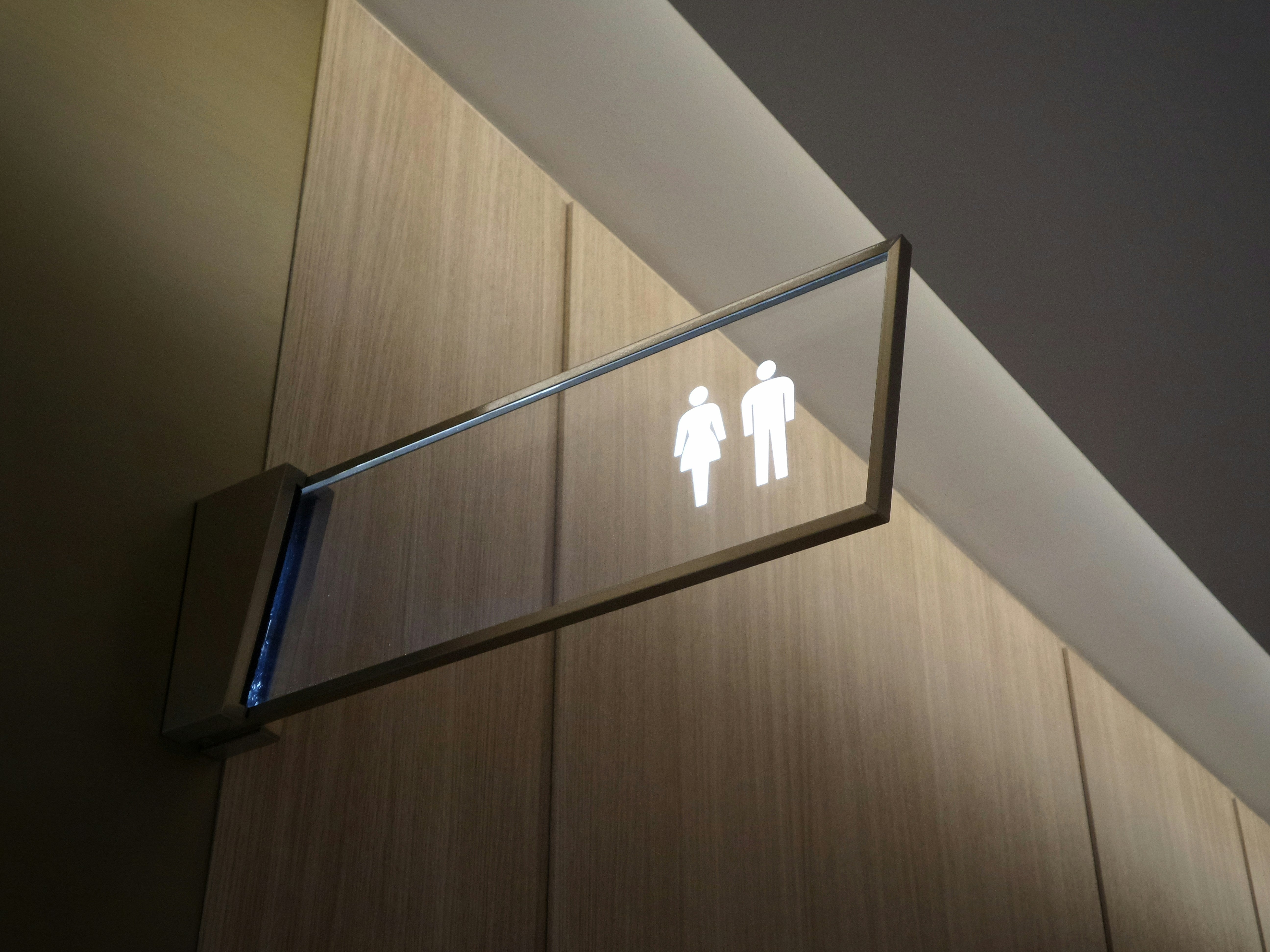I can’t tell you how many times I’ve heard clients say something like, “I’m really bad at self-care. I need to get better at it.” They recognize that self-care is important, but they don't actually commit to it. Why is it so hard to take care of ourselves??
1. Self-Care Sounds Selfish—And That Feels Threatening
The phrase “self-care” begins with “self,” and for many people, that’s the problem. Taking time for oneself is often interpreted as taking time away from others. If we’re conditioned to believe that our worth is tied to how much we give, care, or perform for others, then prioritizing our own needs can feel wrong—almost like a betrayal of who we are supposed to be.
This isn’t just a mindset issue—it’s a psychological one. Humans are hardwired to belong. Being part of a group has historically been essential to our survival, so anything that feels like it might isolate us (like being seen as selfish) triggers anxiety. Practicing self-care can unconsciously feel like threatening that sense of belonging and acceptance.
📚 Resource 1: Neff, K. (2011). Self-Compassion: The Proven Power of Being Kind to Yourself explains how we judge ourselves more harshly when we prioritize self-care and offers tools to overcome that guilt.
2. We’ve Been Sold the Wrong Version of Self-Care
Modern marketing has glamorized self-care into an aesthetic: think bubble baths, candles, yoga retreats, and spa days. While those things can be lovely, they don’t represent the essence of self-care. If we only associate self-care with expensive indulgences or unrealistic time commitments, we’re likely to see it as a luxury—something we’ll “get to when we have time.”
This messaging creates a mental divide: There’s “real life” and then there’s “self-care,” as if the two are separate. In reality, the most successful self-care is integrated into everyday life—not set aside for someday.
📚 Resource 2: The American Psychological Association (APA) notes that self-care isn't indulgence—it’s a health behavior. It includes things like sleep, nutrition, boundaries, and social connection, which are foundational for psychological resilience (APA, 2020).
3. Let’s Reframe It: Think “Basic Needs,” Not Self-Care
What if, instead of calling it self-care, we just called it what it really is—meeting your basic needs?
When people say they don’t have time for self-care, what they often mean is they’re deprioritizing things like sleep, hydration, or quiet time to think. But these are not luxuries. They are fundamental to being a functioning human. And when we ignore them, our bodies—and eventually our relationships and responsibilities—pay the price.
Ask yourself: How committed am I to meeting my basic needs? Likely more committed than you are to doing “self-care.” Framing it this way brings the conversation down to earth. Basic needs aren’t selfish; they’re essential. And when you meet them, you’re better equipped to show up in every area of life—at work, in your family, and in your community.
📚 Resource 3: Maslow's Hierarchy of Needs reminds us that before we can thrive, we must first survive. Physiological needs (food, water, rest) and safety must be met before we can function at higher levels like connection and creativity. This psychological model, though decades old, remains a powerful framework for understanding why burnout happens when self-care is ignored.
Final Thought
Instead of seeing it as a nice-to-have, a guilty pleasure, or a trendy buzzword, let’s call it what it truly is: honoring your body’s and mind’s basic needs.
Imagine if you approached self-care with the same respect and commitment that you apply to, say, going to the bathroom. How would your life be different if you applied that same commitment to yourself? It would make setting boundaries a whole lot clearer and easier, yes?
Conversely, imagine what the world would look like if we applied our (lack of) commitment to self-care to going to the bathroom. Well, my friends, that would, in fact, be a shit-show. And there are plenty of those to go around already.

